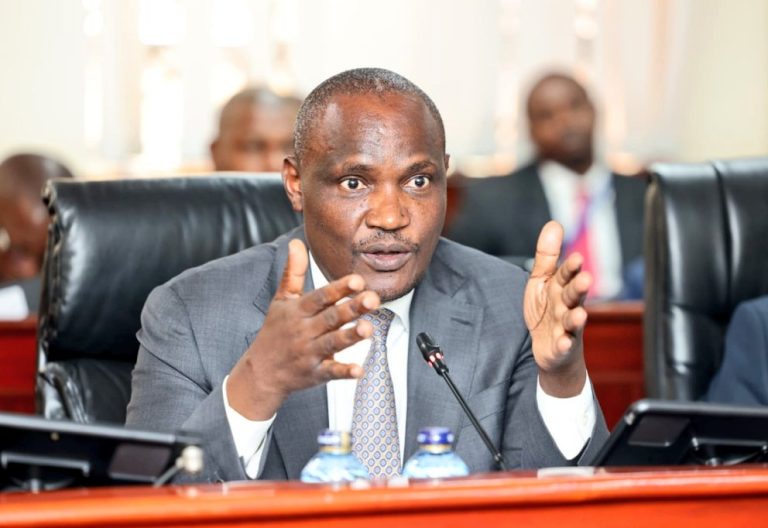Parents across Kenya are facing fresh financial pressure after the Treasury announced it can no longer fully fund free education in public primary and secondary schools. Treasury Cabinet Secretary John Mbadi revealed the State is only able to provide partial capitation, citing an unsustainable financial burden.
Speaking before the National Assembly Committee on Education, Mbadi said the government has slashed capitation per secondary school student from Ksh.22,000 to Ksh.16,600. The funds will be released in phases 50%, 30%, and 20% a formula that MPs say still falls short of actual needs.
“If you look at the total budget and divide it by the number of total students, instead of Ksh.22,000, we are funding about Ksh.16,000. As to whether it is enough, it is not,” said Mbadi.
This announcement comes amid rising concerns over mismanagement in the education sector. MPs slammed the Ministry of Education for disbursing funds to ghost schools. Auditor General reports recently revealed that millions were sent to institutions that do not exist.
Luanda MP Dick Maungu was blunt: “Ghost schools have received money that wasn’t approved by this committee.” Teso South MP Mary Emasse demanded answers, while Igembe North’s Julius Taitumu questioned the role of ministry officials in allowing such discrepancies.
Education Cabinet Secretary Migos Ogamba acknowledged the seriousness of the allegations. “If money went to schools that do not exist, that is a criminal offence. Nobody can defend that. If it happened, the matter will be handed over to the DCI,” Ogamba said.
MPs also criticized the Kenya Education Management Information System (KEMIS), which they claim has left many students unregistered and missing out on capitation.
Despite these setbacks, the Ministry of Education plans to employ 24,000 intern teachers in the 2024/25 financial year in a bid to address the growing teacher shortage.
However, with capitation in limbo, audit queries unresolved, and system inefficiencies persisting, parents now face the grim reality of digging deeper into their pockets to keep their children in school an ironic twist to what was once promised as “free” basic education.

